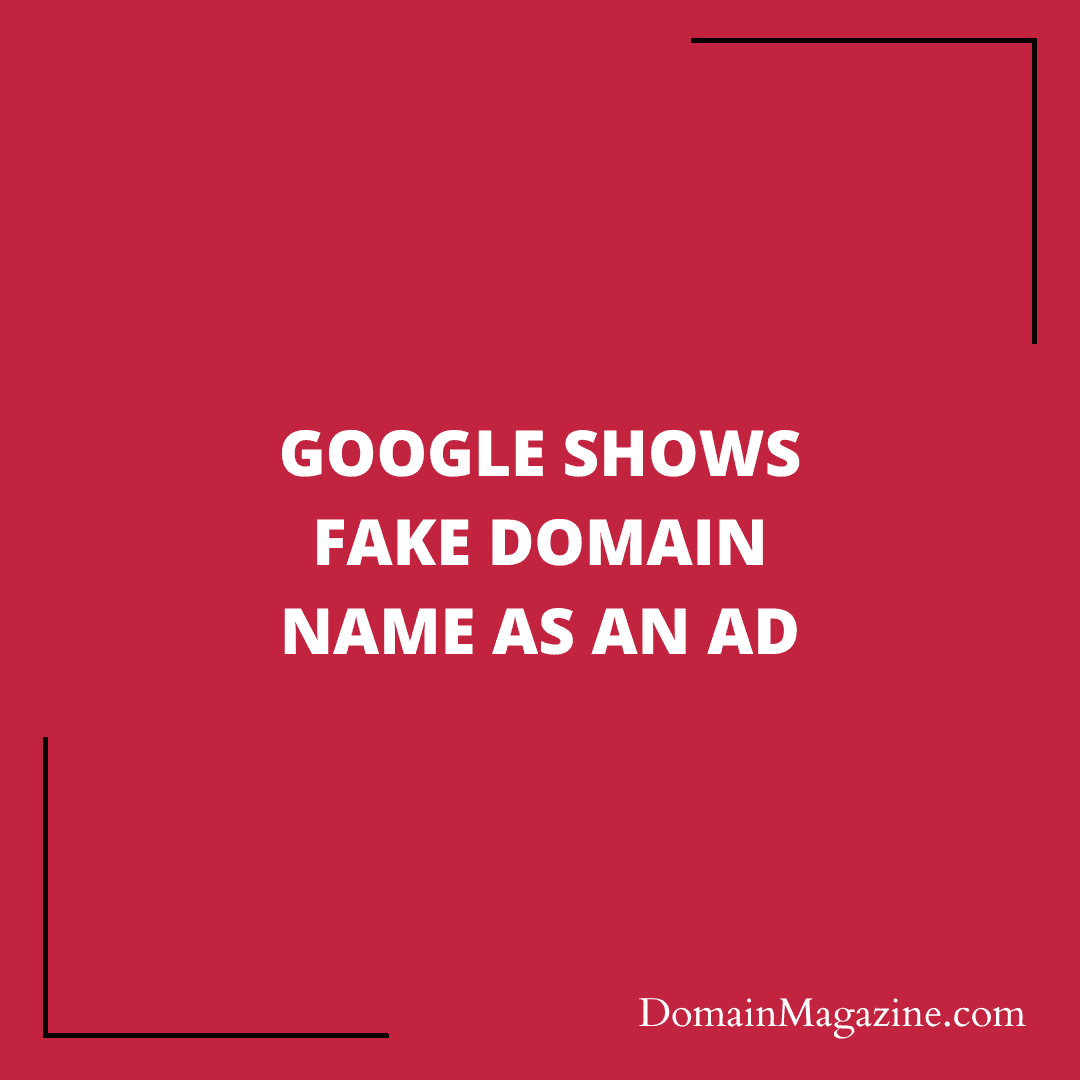According to a news.com.au report, a California resident Cory Doctorow searched for a local Thai restaurant called Kiin in Burbank, and he clicked on a website that appeared to be the official site for the restaurant. However, the website turned out to be a fake one, which was designed to look identical to the real website.
After placing his order on the fake website, Doctorow received a phone call from someone claiming to be from the restaurant and asked for his credit card information. Suspecting that something was amiss, Doctorow contacted the real Kiin restaurant and learned that he had been scammed.

Fortunately, Doctorow was able to cancel his credit card and did not suffer any financial losses as a result of the scam. However, the incident highlights the importance of being cautious when browsing the web and verifying the legitimacy of websites before entering personal or financial information.
Caution with Google search results
This incident highlights the potential risks associated with Google search results and the need for consumers to be vigilant when browsing the web.
In this case, Doctorow was led to a fake website that appeared as an ad at the top of Google’s search results. The website was designed to look identical to the real website of the Thai restaurant as the domain name that was used was kiinthaila.com.However, this domain name was fake. He was trying to order from, and it even managed to place an order with a mark-up of 15% at the real restaurant.
While Google has policies in place to prevent the promotion of counterfeit goods and services, this incident raises questions about the effectiveness of these policies and the potential for fraudulent websites to slip through the cracks.
Consumers should be cautious when clicking on links or ads that appear in search results, especially if they are unfamiliar with the website or the business they are trying to interact with. It’s also important to verify the legitimacy of websites and businesses before entering personal or financial information online.
This incident also highlights the importance of businesses maintaining a strong online presence and actively monitoring their online reputation. By being vigilant and proactively addressing fraudulent activity, businesses can help prevent their customers from falling victim to scams and protect their brand reputation.
Aftermath
Doctorow was shocked and outraged by the experience. It’s concernns that scammers were able to obtain an American Express merchant account under the name “KIINTHAILA” without being detected, and using the phone number for a website hosting company.
This raises questions about the effectiveness of the measures in place to prevent fraudulent activity, and whether more needs to be done to protect consumers and businesses from these types of scams.
It’s important for financial institutions and authorities to investigate cases of online fraud and take action to prevent similar incidents from occurring in the future. Consumers can also play a role in reporting suspected fraudulent activity and taking steps to protect themselves from these types of scams, such as using secure payment methods and being cautious when entering personal or financial information online.
Road ahead
Doctorow’s criticisms raise important questions about the responsibilities of financial institutions, search engines, and website hosting companies in preventing fraudulent activities.
It’s important for financial institutions like American Express to have strong know-your-customer (KYC) procedures in place to verify the identity of their customers and prevent fraudulent activity. This may include conducting background checks, verifying business information, and monitoring transactions for suspicious activity. If there are loopholes in the KYC process, it’s important for financial institutions to address them and take steps to improve their security measures.
Similarly, search engines like Google have a responsibility to ensure that their advertising policies do not enable or promote fraudulent activity. While Google has policies in place to prevent the promotion of counterfeit goods and services, it’s possible that more could be done to prevent fake websites from appearing in search results or being promoted through ads.
Website hosting companies like Wix also have a responsibility to monitor their platforms for fraudulent activity and take action against users who engage in such activities.
It’s important for all stakeholders in the online ecosystem to take responsibility for preventing fraudulent activity and protecting consumers and businesses from harm. This may require greater collaboration and coordination between financial institutions, search engines, website hosting companies, and other stakeholders to identify and address vulnerabilities in the system.


Join the Discussion